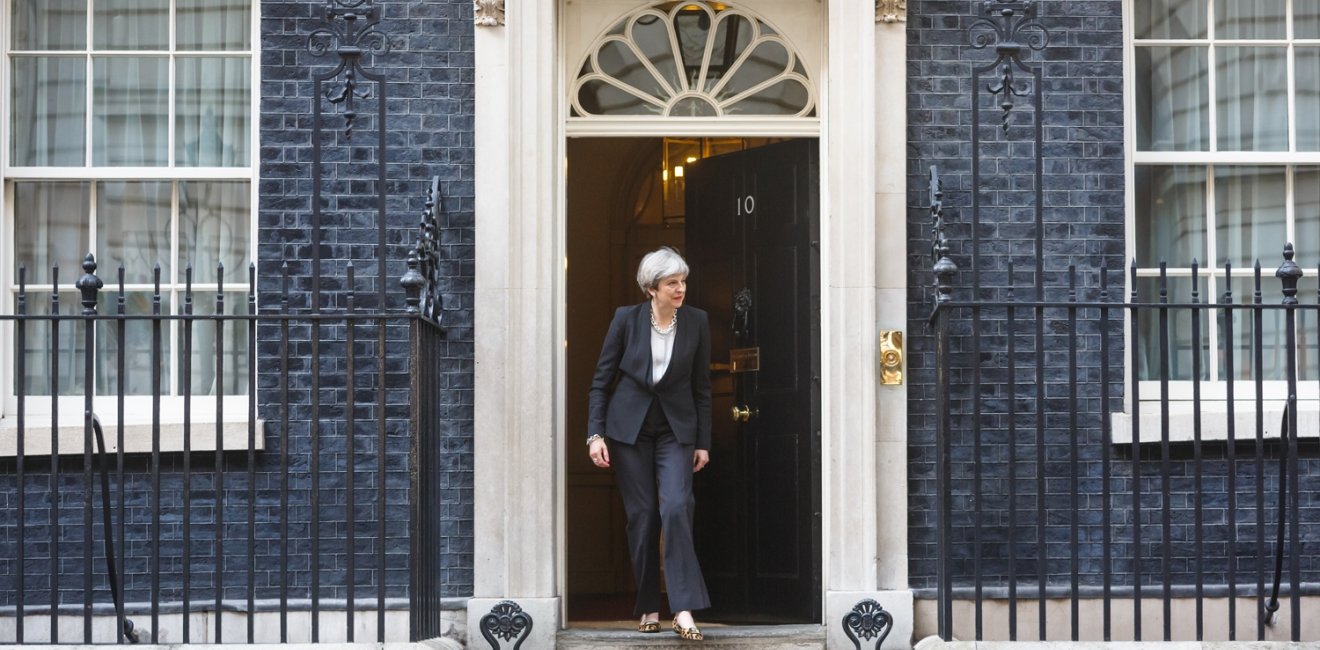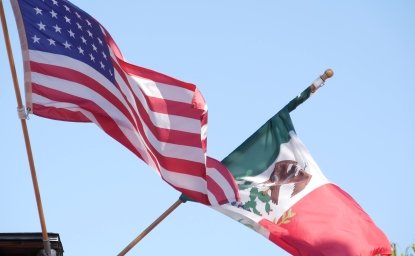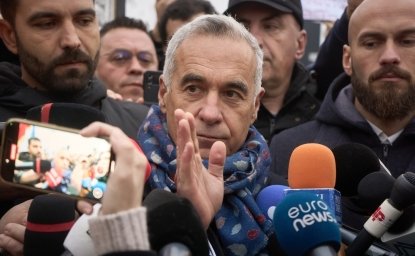Riding high in the opinion polls just 6 weeks ago and with a governing majority of 12 from the 2015 general election, British PM Theresa May and her Conservative Party woke up to a very different political landscape this morning. With all votes now counted, Britain will have a hung parliament with May's majority wiped out and her leadership in the balance after a personally disastrous campaign. No party will have enough seats to govern alone.
With Brexit negotiations starting in 11 days, the election has thrown the country into disarray. Within hours of polls closing, it looked apparent that May would not have the numbers to govern alone and quickly struck a deal with Northern Ireland’s right-of-center Democratic Unionist Party (DUP), a party that also strongly supports Britain leaving the EU. The Conservatives will remain the biggest party and will mostly likely govern alone albeit with DUP support from the backbenches. The DUP, who secured 10 seats in the election, will be looking for a better Brexit deal for Northern Ireland especially on issues like a soft border with the Republic of Ireland and commitments to strengthen the union with London.
As political miscalculations go, this is a monumental one for May and her strategists who had thought her unassailable lead in the pre-election polls would translate into a landslide majority in the House of Commons. Instead, it now looks increasingly likely that this is May’s first and last election as Conservative leader and PM. While there is no immediate appetite to replace her and she is insisting she will not resign - to do so would lead to a lengthy leadership contest on the eve of Brexit negotiations - her days at No. 10 Downing Street are numbered and Britain might well be facing another general election before the end of the year.






